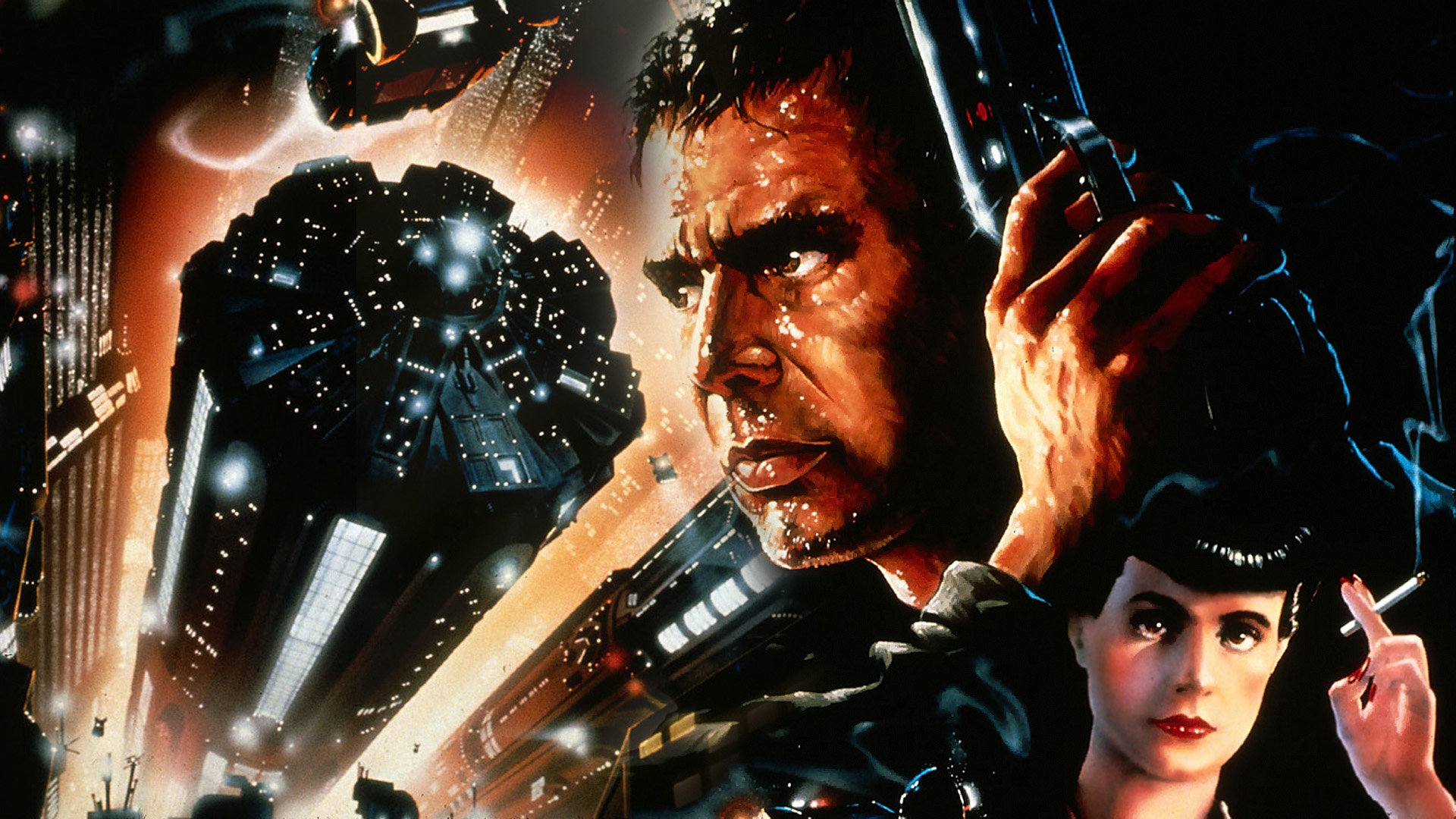Blade Runner
Last Friday, it was the World Premiere for Blade Runner 2049 so we decided to rewatch the 2019 one on Friday night to have all the details fresh and on Saturday go to watch the continuation of the story thirty years later on our local cinema here in Joensuu. I decided to watch the 2D version because I don’t see the point of paying a plus for something that in my opinion doesn’t add anything to the cinema experience. What is more, sometimes it makes the experience even worse if you have to read subtitles.
Blade Runner (2019) is one of my favorite movies. It’s a really well told story, that mix a little bit of everything and keep you thinking after you watch it, in other words food for thought. It’s a puzzle, full of details that keep the conversation alive during decades after its release and stirs the discussion up. Over the years, I’ve had several debates with my friends about if Deckard is a replicant or not, the meaning of the unicorn dream and the origami figure, the color and glaze of Deckard eyes in comparison with the other replicants’ eyes… you can go on and on until you finally realize that is a no point conversation because the ambiguity is there to you enjoy it. It makes you to create your own feelings and connect with the story in a unique and personal way.
The interpretation and themes of the movie are endless, as you can read in the wiki article of the movie, as well as in the specific for the themes the movie touch. Some of those themes are:
- Human cloning and the rights of those clones. Since those clones are the intelectual property of a company or individual, as a result of genetic improvement, do they have the same rights as humans?
- The previous point can be clone, if you excuse the redundancy, for robots and artificial intelligence. If at any point we’ll be able to get birth to a machine that it’s intelligent enough (in whatever quantity we feel it should be), what are the rights of that machine? Does it have entity?
- Empathy… Deckard feels empathy for those he hunts down and probably that was the reason because he left the job in the first place.
- Love… interracial love, specifically love between a replicant, a thing without rights, and an “alleged” human. We have to take into account that replicants doesn’t have emotions, and it’s something they develop little by little over their life and for that reason they usually have a really short life. The development of those emotions make them dangerous. Deckard is able to develop that felling on Rachel. Is love that powerful?
- The
sparsityephemeral1 or how life is too short and not enough. How replicants life in constant fear of dying since they don’t know their conception or expiration dates. Also, the importance of your. - The notion that we are our memories and experiences, and how your personality is developed through them. How do you know that your memories are yours and not someone’s else.
- Philosophical and religious symbolism relating replicants with angels and Roy with Nietzsche’s Superman.
- Blade Runner’s World is environmentally destroyed and totally globalized. The climate in Los Angeles has change drastically and the population there is a mixture of cultures and languages. Even some of then speak a kind of neolingua or interligua make of different languages.
- Souls, eyes and doves. Eyes in Blade Runner are quite important because they are the way that Blade Runner have to identify replicants using the Voight-Kampff test, due to the replicants lack of emotions. Eyes are windows to those emotions and to the soul, implying that perhaps replicants don’t have soul. However, at the end of the movie there is an allegory of Roy’s soul departing from him in a classical christian way of a dove flying to the sky.
There are other details that make the movie a masterpiece, from my point of view. One of those details is the light. All the time there is a continuous motion of light and darkness, mostly at apartments (J. F. Sebastian’s and Deckard ones) but also in other places, creating something similar to a chiaroscuro. The other great detail is the music, created by Vangelis, that gives perfect touches of new technological, dramatic and dark future as well as delicacy and magic when necessary. Such as in the love moments or in tear in the rain scene.
All of these details make it an almost perfect movie. Perfection doesn’t exist, but some movies as this one are close.
On the contrary, its continuation, Blade Runner 2049, lacks of all of these themes or barely develop or touch them. The only new one developed is the possibility for replicants to bear children, something that would make then more human. The story is more flat or at least, and in my opinion, much more less complex and detailed. No philosophical or religious implications this time, or at least I haven’t perceived them (I can be wrong though).
Don’t get me wrong, I don’t think that the new movie is bad at all, but just another Si-Fi movie. I really think that it’s well made and the story is interesting, with some moment where you can literally blow your imagination. I also recognize that it’s really difficult to create a masterpiece every time you get behind of the camera, they are rare creatures in the history of cinema and you are lucky if you can witness or see one every year. Besides, usually there are few movies (or series) out there where the first one is really good and then the following ones are as good or even better. Perhaps some examples are the Godfather’s Trilogy or Nolan’s Batman Trilogy, where in the latter one the second installment is far superior to any Batman movie out there while the other two are also quite good.
Anyhow… usually magic is difficult to make to happen and this time didn’t happen.





Leave a comment